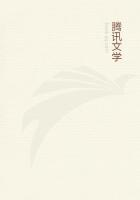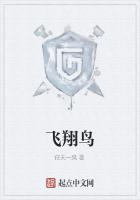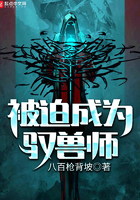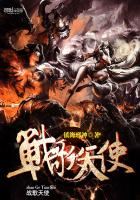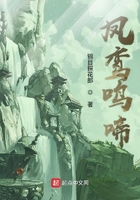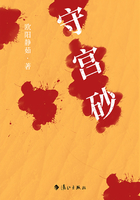In point of fact, we know of no period of Roman jurisprudence atwhich the place of the Heir, or Universal Successor, might nothave been taken by a group of co-heirs. This group succeeded as asingle unit, and the assets were afterwards divided among them ina separate legal proceeding. When the Succession was abintestato, and the group consisted of the children of thedeceased, they each took an equal share of the property; nor,though males had at one time some advantages over females, isthere the faintest trace of Primogeniture. The mode ofdistribution is the same throughout archaic jurisprudence. Itcertainly seems that, when civil society begins and familiescease to hold together through a series of generations, the ideawhich spontaneously suggests itself is to divide the domainequally among the members of each successive generation, and toreserve no privilege to the eldest son or stock. Some peculiarlysignificant hints as to the close relation of this phenomenon toprimitive thought are furnished by systems yet more archaic thanthe Roman. Among the Hindoos, the instant a son is born, heacquires a vested right in his father's property, which cannot besold without recognition of his joint ownership. On the son 'sattaining full age, he can sometimes compel a partition of theestate even against the consent of the parent; and, should theparent acquiesce, one son can always have a partition evenagainst the will of the others. On such partition taking place,the father has no advantage over his children, except that he hastwo of the shares instead of one. The ancient law of the Germantribes was exceedingly similar. The allod or domain of the familywas the joint-property of the father and his sons. It does not,however, appear to have been habitually divided even at the deathof the parent, and in the same Way the possessions of a Hindoo,however divisible theoretically, are so rarely distributed infact, that many generations constantly succeed each other withouta partition taking place, and thus the Family in India has aperpetual tendency to expand into the Village Community, underconditions which I shall hereafter attempt to elucidate. All thispoints very clearly to the absolutely equal division of assetsamong the male children at death as the practice most usual withsociety at the period when family-dependency is in the firststages of disintegration. Here then emerges the historicaldifficulty of Primogeniture. The more clearly we perceive that,when the Feudal institutions were in process of formation, therewas no source in the world whence they could derive theirelements but the Roman law of the provincials on the one hand andthe archaic customs of the barbarians on the other, the more arewe perplexed at first sight by our knowledge that neither Romannor barbarian was accustomed to give any preference to the eldestson or his line in the succession to property.
Primogeniture did not belong to the Customs which thebarbarians practised on their first establishment within theRoman Empire. It is known to have had its origin in the beneficesor beneficiary gifts of the invading chieftains. These benefices,which were occasionally conferred by the earlier immigrant kings,but were distributed on a great scale by Charlemagne, were grantsof Roman provincial land to be holden by the beneficiary oncondition of military service. The allodial proprietors do notseem to have followed their sovereign on distant or difficultenterprises, and all the grander expeditions of the Frankishchiefs and of Charlemagne were accomplished with forces composedof soldiers either personally dependent on the royal house orcompelled to serve it by the tenure of their land. The benefices,however were not at first in any sense hereditary. They wereheld, at the pleasure of the grantor, or at most for the life ofthe grantee; but still, from the very outset, no effort seems tohave been spared by the beneficiaries to enlarge the tenure, andto continue their lands in their family after death. Through thefeebleness of Charlemagne's successors these attempts wereuniversally successful, and the Benefice gradually transformeditself into the hereditary Fief. But, though the fiefs werehereditary, they did not necessarily descend to the eldest son.

